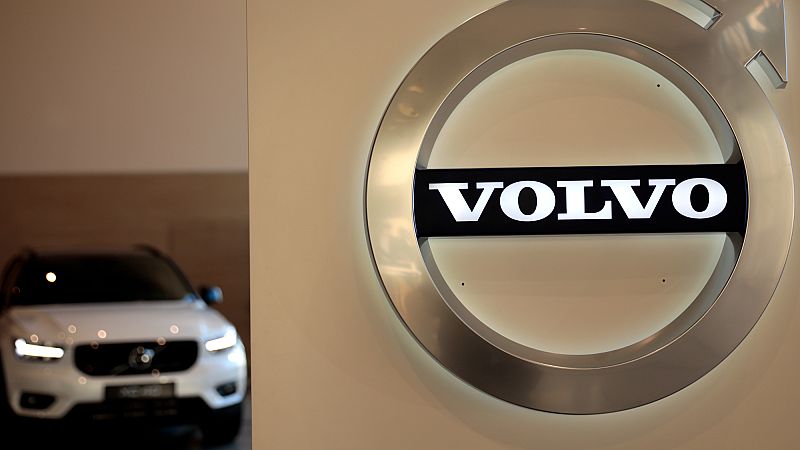
Sweden-based Volvo Cars is eliminating 3,000 positions as part of a cost-cutting programme as the automotive industry faces challenges from trade tensions and resulting economic uncertainty.
The company said on Monday that around 1,200 of the job reductions would affect workers in Sweden, while another 1,000 positions currently filled by consultants, mostly in Sweden, were also slated for elimination.
The rest of the job losses would be in other global markets, said the firm. Most of the jobs being cut are office positions.
“The actions announced today have been difficult decisions, but they are important steps as we build a stronger and even more resilient Volvo Cars,” said Håkan Samuelsson, Volvo Cars president and CEO.
“The automotive industry is in the middle of a challenging period. To address this, we must improve our cash flow generation and structurally lower our costs.”
The company, owned by China’s Geely, has 42,600 full-time employees.
Carmakers around the world are facing several headwinds, among them higher costs for raw materials, a diminished European car market, and US President Donald Trump’s imposition of 25% tariffs on imported cars and steel.
Volvo Cars has its main headquarters and product development offices in Gothenburg, Sweden, and makes cars and SUVs in Belgium, South Carolina and China.
The EV shift
Back in 2021, Volvo Cars announced that all of its cars would be electric by the end of the decade. However, it walked back on this goal last year, blaming challenging market conditions. EVs made in China notably faced increased tariffs when sent to the EU and the US, and customer demand was dampened by a lack of adequate charging infrastructure and a reduction in state incentives.
Volvo Cars is the latest carmaker to announce job cuts, with Nissan sharing earlier this month that it would be slashing another 11,000 worldwide. The Japanese auto company will also close down seven factories in an attempt to revamp the business due to weaker sales.
Nissan has mainly been hit by heavy discounting in the US, as well as dropping Chinese sales. A potential merger combining Nissan, Mitsubishi and Honda, to create a Japanese "auto super group" also fell through recently, further impacting the company.
This was primarily due to disagreements about the structure of the proposed combined entity.
Nissan's latest cuts have taken the overall number of layoffs announced by the carmaker to 20,000 in the past year. That represents about 15% of its global workforce.
Chinese electric vehicle (EV) competition has also been heating up intensely over the last few months, with BYD recently sharing that it would be reducing the prices of more than 20 of its cars. After BYD's announcement, Leapmotor and Changan also revealed price reductions.







